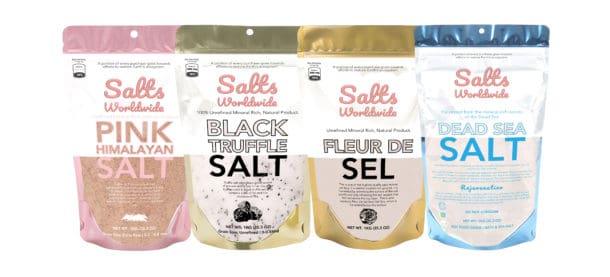Why Does Salt Raise Blood Pressure?
If you want to know why does salt raise blood pressure, you need to read this article. Salt has many physiological effects that help determine how much your body actually needs.
Its really hard to find the reason why salts worldwide are recommended for people who want to control their high blood pressure. There is really no explanation why, in a certain way, salt lowers the pressure. Salt was used to treat hypertension in ancient times. It worked as well in those days as it does today.
In those days, salt had an effect on the arteries walls. Salt reacted to the adenosine triphosphate present in the arterial walls. It would neutralize this molecule and keep the body calm.
But the interaction between salt and blood is not so simple. Salt would dilute the blood pressure. When the salt dissolved into the blood, it would also lose its effectiveness. When the blood did not contain the salt, the pressure would go up even more.
The way salt reduces hypertension can be very complex. However, this is the explanation of how salt reduces the blood pressure in the simplest way. If salt replaces the phosphate that is in the artery walls, the salt will reduce the level of the plasma sodium concentration.
However, in the first moments of a high blood pressure attack, the plasma sodium concentration will remain above normal. And when the blood pressure remains higher than the normal, the blood clots and travels to the lungs.
In this case, the salt has lost its effectiveness. Since salt is saturated with water, it would increase the pressure in the blood because of the increased presence of water molecules in the blood.
Once the blood leaves the lungs, it would return to the heart. If it is only the blood that is flowing from the arteries, the heart will be filled with carbon dioxide. This will cause an arrhythmia.
With a full-scale heart attack, the blood flow will be cut off to the brain and the other organs. And this would result in the death of the patient.
The important reason for the development of this condition is that the salt has lost its effect to bring down the blood pressure. When this happens, the arterial walls would dissolve and blood will circulate inside them instead of flowing out. It will increase the pressure in the arterial walls and could lead to a heart attack.
Hypertension is one of the most dangerous diseases, especially in the elderly. This disease could cause irreversible damage to the circulatory system and organs. Only a doctor can tell you if this disease is caused by the salt or by another disease.




